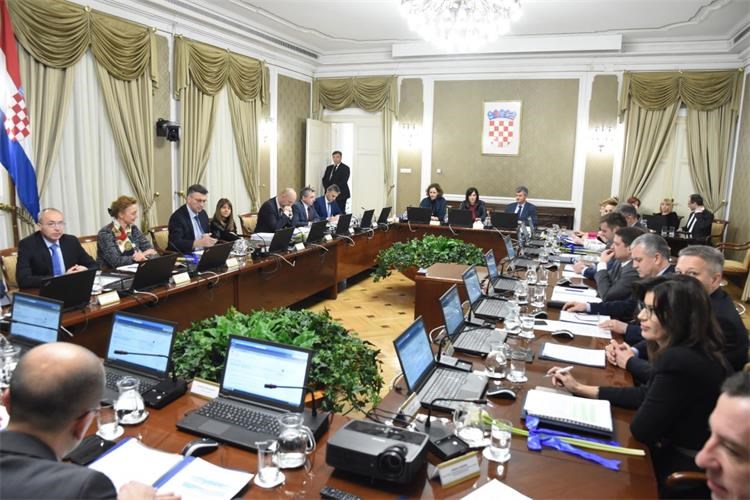- Published: 08.03.2019.
Final bill on financing political activities, election campaigning and referendums sent to parliament
The Croatian government sent a final bill on financing political activities, election campaigning and referendums to parliament on Friday.
The main change compared to the initial draft is that administrative penalties are issued by the State Electoral Commission (DIP) as an independent and professional body and no longer by the parliamentary Committee on the Constitution, Standing Orders and Political System.
The bill regulates the financing of referendum activities which until now was not regulated at all, as well as envisages the establishment of a computer system to monitor financing and the release of financial reports via DIP's website.
This will make supervision more efficient, facilitate database search functions as well as simplify the procedure of compiling and submitting financial and other reports, said the state-secretary at the Administration Ministry, Josipa Rimac.
The bill also determines the criteria to define the amount of funding that local government units are obliged to have in their budgets for the purpose of financing political parties and independent MPs, depending on their size and population. This will ensure a minimum common standard for annual financing from local government budgets.
The bill also regulates the distribution of budget funds for political parties for regular annual financing based on the number of seats or members in representatives bodies and final election results, and not based on the number of seats at the time when representative bodies are established, as is now the case.
Gov't sets aside EUR 17.6 mn in aid for sensitive agricultural sectors
The government on Friday adopted a state aid programme for particularly sensitive agricultural sectors, envisaging HRK 131 million in subsidies for this year.
Agriculture Minister Tomislav Tolusic told the cabinet meeting that the single largest amount of HRK 55 million would be allocated for the breeding of dairy cows, while HRK 46 million would go to tobacco growers.
Furthermore, HRK 20 million was allocated for breeding sows and the rest for olive oil production and the preservation of autochthonous and protected varieties.
Under the new Agriculture Act, which entered into force at the start of this year, grants for particularly sensitive sectors are regulated by the state aid programme.
Beneficiaries eligible for grants have to be entered in the register of agricultural producers.
Text: Hina
